Recently, the research teams led by Professor Jiao Weidong and Professor E Shiju at the College of Engineering, Zhejiang Normal University, collaborating with experts and scholars from Guizhou University, published a significant review article in the field of intelligent fault diagnosis for rolling-element bearings based on deep learning. The related findings were published on January 30, 2025, in the SCI Q1 Top Journal Applied Soft Computing under the title "Deep learning in industrial machinery: A critical review of bearing fault classification methods" (https://www.sciencedirect.com/science/article/pii/S1568494625000961). This paper was also awarded the "Best Researcher Award" by the journal's organizing committee.
This review provides an overview of the latest deep learning (DL) algorithms for rolling bearing fault classification, which is crucial for industrial sectors including energy and manufacturing. It comprehensively analyzes DL models such as Convolutional Neural Networks (CNNs), Autoencoders (AEs), Deep Belief Networks (DBNs), Recurrent Neural Networks (RNNs), Generative Adversarial Networks (GANs), as well as advanced networks including Transfer Learning (TL), Transformer Neural Networks (TNNs), Self-Supervised Learning (SSL), Federated Learning (FL), Meta-Learning, and Explainable Neural Networks, evaluating their effectiveness and limitations in fault classification.This review is unique in the existing literature as it bridges an important communication gap between different deep learning-based intelligent diagnostic algorithms by encompassing all forms of advanced networks. It offers an in-depth analysis of the application potential and challenges faced by different algorithms. Furthermore, the review emphasizes the importance of various sensing technologies and key datasets in the field, highlighting their contributions to the improvement of DL applications. Finally, it outlines current challenges and proposes future research directions, including environmental adaptation, sensor deployment, data preprocessing, model training enhancement, algorithm selection, classifier development, and system integration, collectively forming the conclusion of the paper.This review will serve as an important reference source for researchers working to improve machine reliability methods for rolling bearing fault classification through DL-based techniques. Moreover, it fills gaps in existing research and inspires new ideas and applications in this vital field.
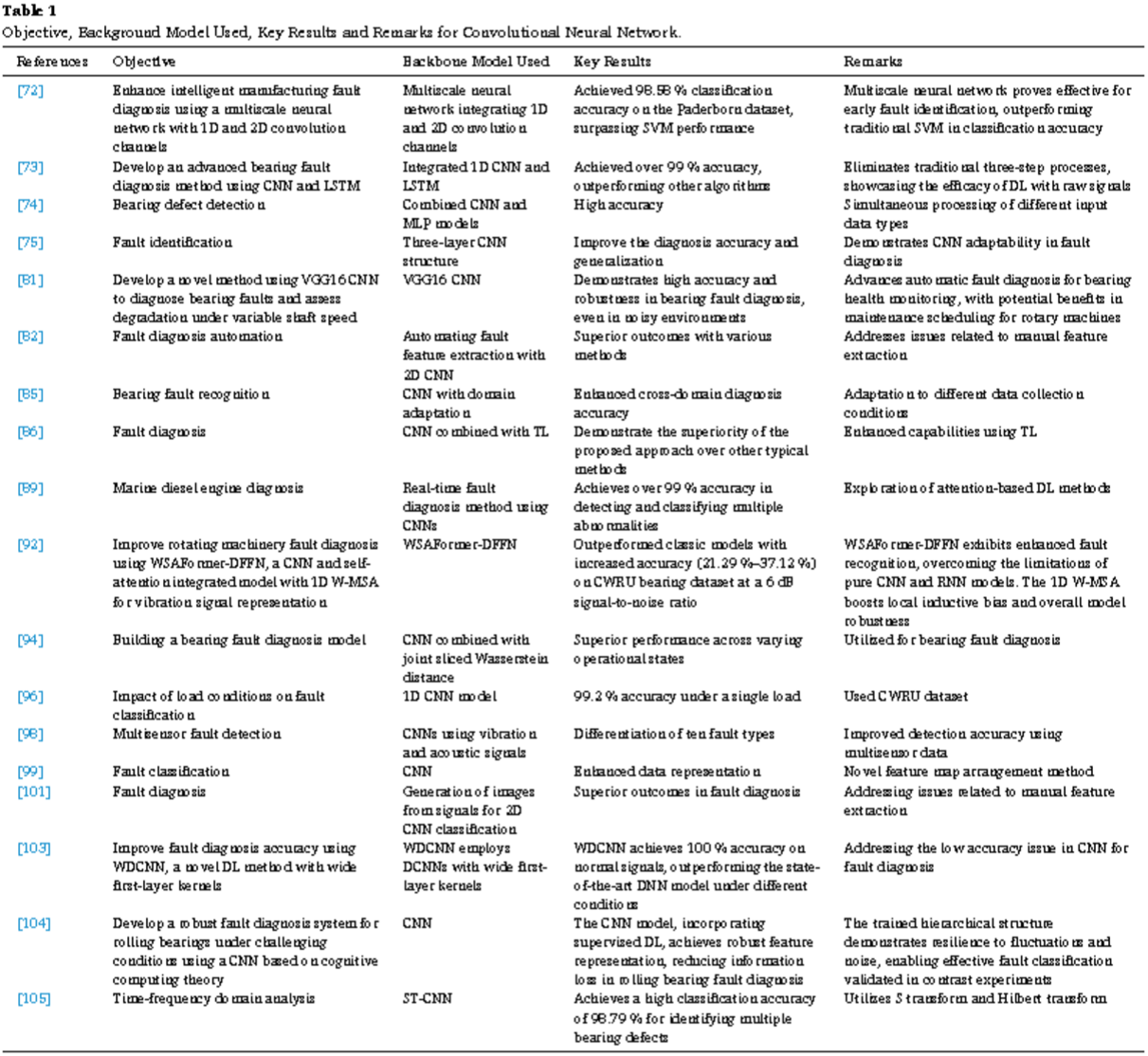
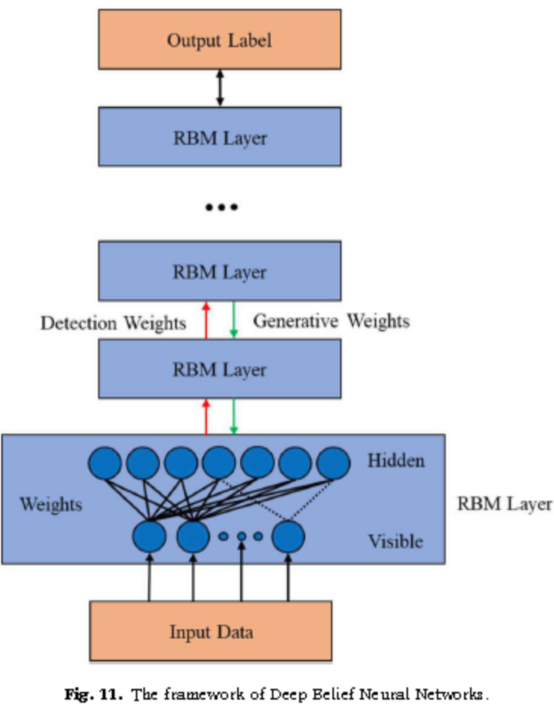
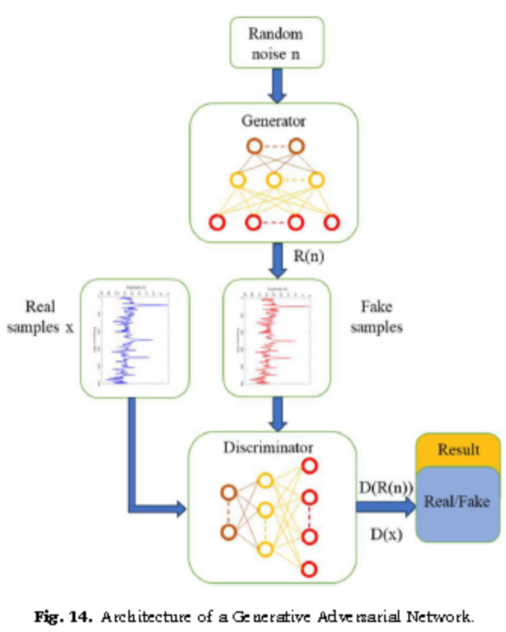
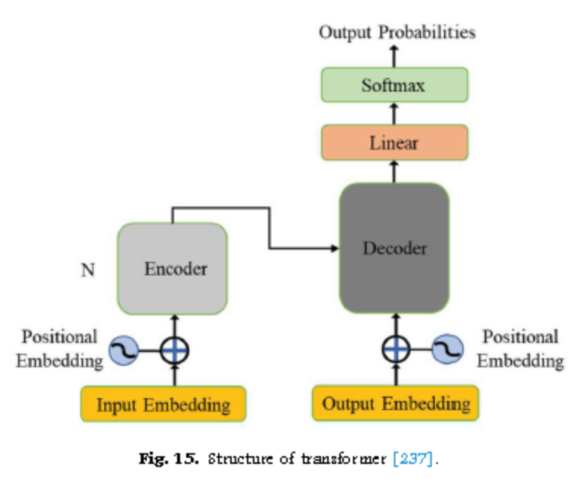
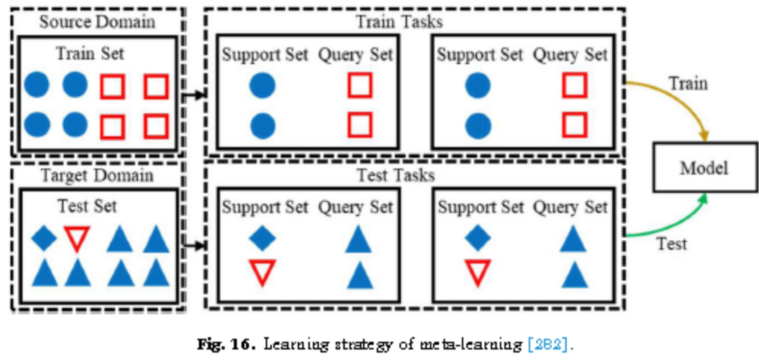
This work received high praise from the reviewers:"The article possesses a clear structure and rich content, covering various deep learning models and their applications in bearing fault diagnosis, as well as the challenges faced and future research directions. It provides a valuable reference for research in this field."(Reviewer #1: I appreciate the author's revisions to the manuscript. After the modifications, the manuscript boasts a clear structure and rich content, covering various deep learning models and their applications in bearing fault diagnosis, as well as the challenges faced and future research directions. It provides valuable reference for research in this field. I believe this manuscript is suitable for publication in Applied Soft Computing Journal.).
Professor Jiao Weidong, Professor Jiang Yonghua, and Professor E Shiju from Zhejiang Normal University, along with Professor Wei Jian'an (specially appointed) from Guizhou University, served as co-corresponding authors of the paper. Zhejiang Normal University is the primary affiliation. Postdoctoral researcher Attiq Ur Rehman from Zhejiang Normal University is the first author. This research was supported by the National Natural Science Foundation of China, the Key Project of Zhejiang Provincial Natural Science Foundation, the Major Science and Technology Project of Jinhua City, and other funding sources.
Research Group Focus (Jiao Weidong's Team - Institute of Equipment Condition Monitoring and Intelligent Maintenance Technology):The group primarily engages in research areas including intelligent detection and signal processing, mechanical dynamics, equipment condition monitoring, and fault diagnosis. It has led projects such as the National High-Tech Program (863 Program), General and Youth Projects of the National Natural Science Foundation of China, the Outstanding Youth Fund, Key Projects, and General Projects of the Zhejiang Provincial Natural Science Foundation, as well as Major Science and Technology Projects of Jinhua City.
